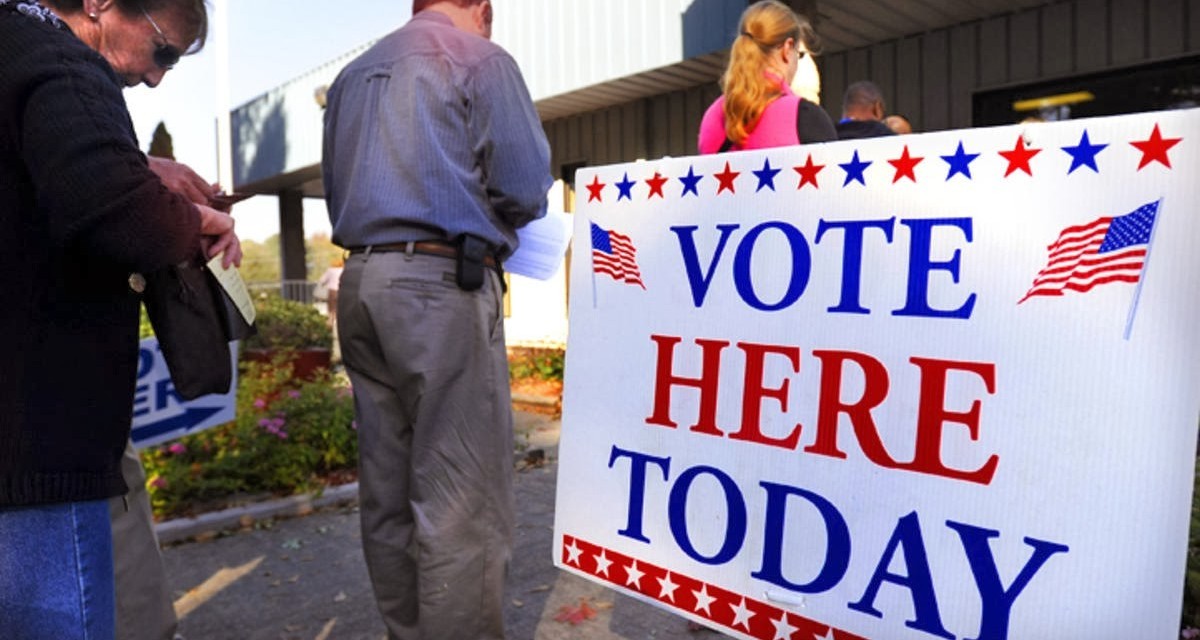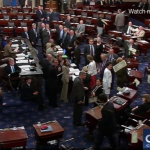In another move to remove the “dead wood” from Michigan’s voter registration list, Gov. Rick Snyder today signed a bill that would require state election officials to work with the Social Security Administration and other states to eliminate names on the Michigan rolls of the deceased and those who have moved out of state.
The voter registration changes were among a series of election reforms signed into law by Snyder, including a crackdown on election recount requests sparked by Green Party candidate Jill Stein’s short-lived attempt to force a 2016 Michigan presidential election recount, though she lost the November vote by landslide proportions.
The voter registration changes require the Secretary of State to check the statewide qualified voter file against the U.S. Social Security Administration’s death master file on a monthly basis. The bill also requires the secretary, Michigan’s top election official, to participate in a multi-state crosscheck system designed to identify voters registered in more than one state.
“Fair and accurate elections are the cornerstone of our democracy and this legislation will ensure Michigan maintains the most up-to-date voting records,” Snyder said.
The past three secretaries of state, Candice Miller, Terri Lynn Land and Ruth Johnson, have all worked toward eliminating many thousands of improper names from the voter rolls. The effort began when the Pew Research Center in 2008 reported that the number of names in the Michigan qualified voter file, the database used by local poll workers on each Election Day, exceeded the number of adults considered eligible to register across the state.
Another bill signed by the Republican governor this morning will require that electronic voting systems create a paper trail during the tabulation process. The bill also establishes an improved system for cancelling a submitted absentee ballot when a voter opts to fill out a new ballot.
These two bills are designed to reduce the risk of voter fraud in Michigan though previous research has shown that attempts to manipulate the election process are very rare.
As for the recount reforms, one new law clarifies the definition of an “aggrieved candidate” who is eligible to request a routine second counting of the votes. Candidates will be required to prove they had a reasonable chance of victory before they can get a recount. Another statute will hit losing candidates with a doubling of the fees charged – from $125 per precinct to $250 – if they lost an election by more than 5 percentage points.
Stein won just 1 percent of Michigan’s vote in 2016 and her recount request would have cost an estimated $5 million beyond the fees she would have paid. Her recount was ultimately halted by the courts.








